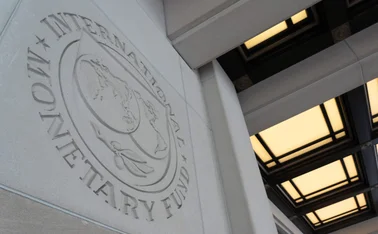
Eurozone’s reserve-rich banks less sensitive to rate hikes, paper finds
Higher reserves meant some banks kept lending after rates rose, Bundesbank paper says

Recent monetary tightening in the eurozone has had a lower impact on credit supply than could have been expected, research published by the Bundesbank finds.
This is because reserve-rich banks have been able to sustain lending, Daniel Fricke, Stefan Greppmair and Karol Paludkiewicz say in a discussion paper. The authors examine the performance of eurozone banks from January 2022 to February 2023. Quantitative easing following the 2008 crisis meant certain banks had higher reserve levels than they
Only users who have a paid subscription or are part of a corporate subscription are able to print or copy content.
To access these options, along with all other subscription benefits, please contact info@centralbanking.com or view our subscription options here: http://subscriptions.centralbanking.com/subscribe
You are currently unable to print this content. Please contact info@centralbanking.com to find out more.
You are currently unable to copy this content. Please contact info@centralbanking.com to find out more.
Copyright Infopro Digital Limited. All rights reserved.
As outlined in our terms and conditions, https://www.infopro-digital.com/terms-and-conditions/subscriptions/ (point 2.4), printing is limited to a single copy.
If you would like to purchase additional rights please email info@centralbanking.com
Copyright Infopro Digital Limited. All rights reserved.
You may share this content using our article tools. As outlined in our terms and conditions, https://www.infopro-digital.com/terms-and-conditions/subscriptions/ (clause 2.4), an Authorised User may only make one copy of the materials for their own personal use. You must also comply with the restrictions in clause 2.5.
If you would like to purchase additional rights please email info@centralbanking.com







